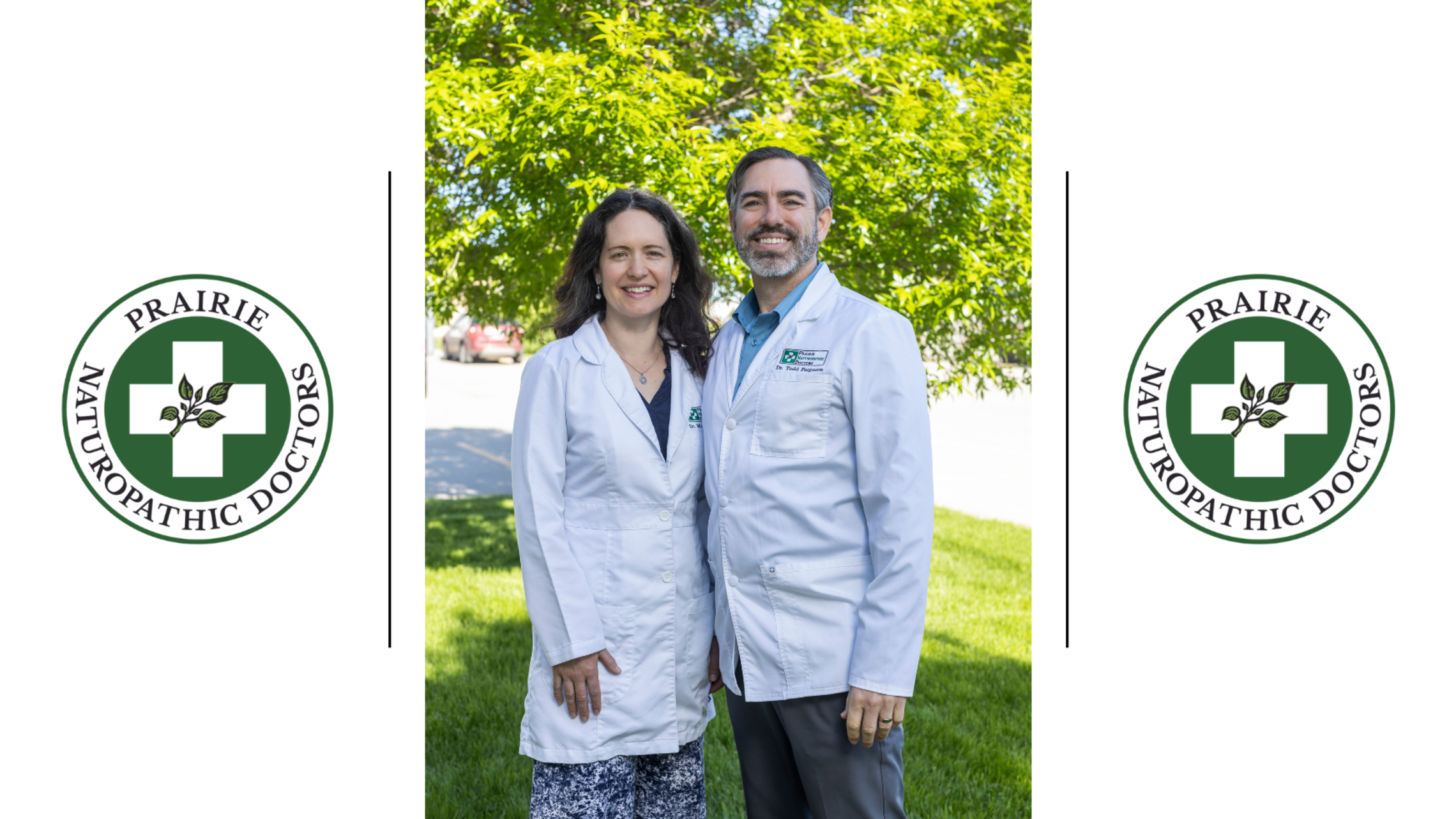Conquering the Winter Blues

If you suffer from the winter blues, also known as seasonal affective disorder (SAD), you may experience feelings of anxiety, fatigue, and low mood during the second half of the winter season following the holidays. By this time, you may have already experienced a month or two of SAD, so when the holiday excitement dies down, the feelings tend to hit harder. Here are some ways to minimize the effects of this very real disorder, and how your naturopathic doctor can help.
Eat Well
A balanced diet of fresh, whole foods will provide more nutrients and give you more energy. Poultry, eggs, salmon, and spinach are high in tryptophan, which increases serotonin levels and gives you a mood boost.
Increase Hydration
During the summer when it’s warm, your body will feel thirsty for some cool, refreshing water. During the winter, you may be less likely to seek out a tall, cool glass. However, it is just as important to stay hydrated during the winter months. Try adding lemon, salt, or frozen fruit to your water to vary the taste. Herbal tea, broth, and smoothies are also healthy ways to hydrate. To help keep track, keep a water tracker on your phone or in your journal or use a water bottle with known size consistently.
Experience Nature
A little trek outside can get your body moving, expose you to natural light, and allow you to practice mindfulness and gratitude—especially if you are walking alone in silence. If it helps to walk with a friend, try starting the conversation with a gratitude list. If the weather is less than ideal, dress appropriately and finish the walk with a cup of tea by the warm fire. If you are new to exercising, start small—even 15 minutes a day—and increase by five minutes each day.
Practice Gratitude
Begin your day with a list of five things for which you are grateful, such as a warm bed or a beloved pet. Your list need not be complicated. If you have a journal, write down your list each morning (or evening). You can return to your list or your journal when you begin to experience feelings of sadness. You can also write thank you notes for friends, family, or co-workers to express gratitude for ways in which they have helped you or made you feel happy.
Limit Alcohol
Throughout the holiday season, you may not realize your alcohol consumption has increased—but with all the parties, gatherings, and festivities, it is easy to lose track. Alcohol can make you feel fatigued and drowsy, and it decreases your sleep quality, which adds to the feelings of fatigue. Opt for a non-alcoholic drink, like seltzer water with fruit or a delicious herbal tea.
Try Supplements
In wintertime, we naturally absorb less Vitamin D from the sunlight. You can supplement with a recommendation from your doctor, or you may increase your consumption of Vitamin D through foods like egg yolks, mushrooms, red meat, milk, and sardines. You can also talk to your doctor to see if elderberry, Vitamin C, zinc lozenges, echinacea, and Vitamin A to boost the immune system and help prevent you from contracting seasonal illnesses like colds and flu is right for you.
Avoid Illness
This may seem like a no-brainer, but the truth is that you will feel sadder and more depressed if you become ill. Handwash with soap and water when appropriate and get an air purifier going in your home and work to ensure clean air. Call 218-284-1188 to learn more about our Austin Air Purifiers and special rates for patients.
Sweat
Our practice offers infrared sauna therapy and constitutional hydrotherapy. We also recommend Epsom salt baths at home, using 2 cups of Epsom salt per bath. You can alternate between hot and cold water in the shower, with 30 seconds of hot water followed by 30 seconds of cold water, to stimulate your nervous system.
Practice Self-Care
This practice includes getting enough sleep and making time to rest and relax. Manage stress in whatever way suits you best, be it meditation, dancing, Pilates, Zumba, running, laughter, meeting a friend for conversation and tea, reading, or journaling. Keep in mind that healing happens more readily when your body is in a relaxed state.
If you begin to feel like your winter sadness is becoming too overwhelming to handle on your own, please reach out to a friend, a neighbor, a family member, or your doctor to seek help. If you believe you may be in a state of mind to practice self-harm, please call 9-1-1 or your local crisis helpline. We are here to help and support you. Blessings on a healing and happy winter!


